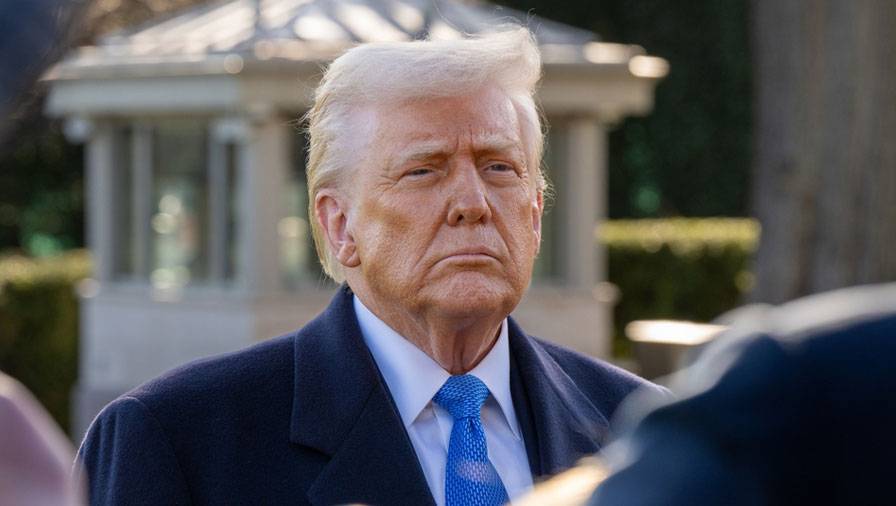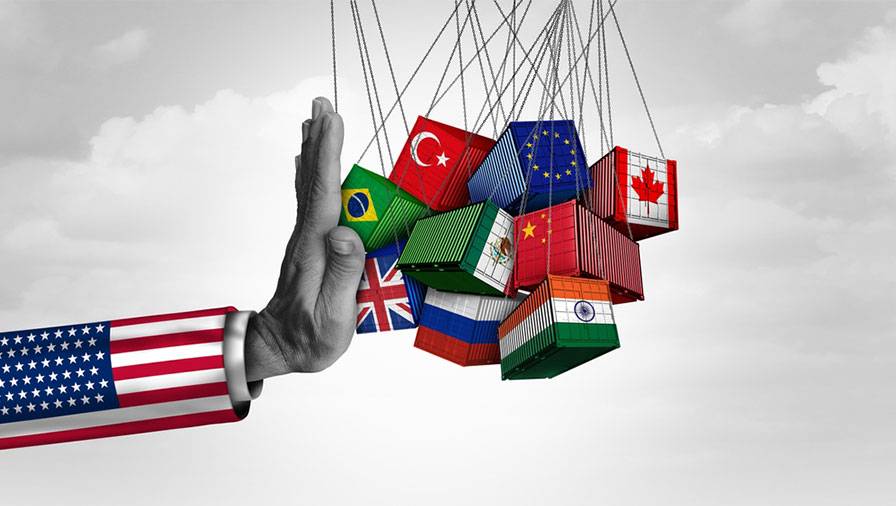Israel ‘deeply regrets’ hospital attack; South Korea charms Trump
And Elon Musk tech companies sue OpenAI and Apple over competition.
Israeli Prime Minister Benjamin Netanyahu.
And Elon Musk tech companies sue OpenAI and Apple over competition.
Israeli Prime Minister Benjamin Netanyahu.
Ata mārie and welcome to Tuesday’s summary of the key international business and political news.
First today, Israeli Prime Minister Benjamin Netanyahu said his country "deeply regrets" attacks that killed at least 20 people, including journalists, at Nasser Hospital in Khan Younis, Gaza, the ABC reported.
Netanyahu described the strikes as a "tragic mishap". He said Israel valued the work of journalists, medical staff, and all civilians.
On Monday local time, the hospital was hit twice by Israeli tanks. World leaders condemned the strike. "I'm not happy about it. I don't want to see it," US President Donald Trump said.
"At the same time, we have to end that whole nightmare [in Gaza]".
Germany’s Foreign Ministry called for an investigation into the Nasser Hospital attack, Al Jazeera reported. It said the work of journalists was “indispensable for depicting the devastating reality” of the war.
“We have repeatedly called on the Israeli government to grant access to media professionals and to provide protection to journalists operating in Gaza.”
Meanwhile, Trump and South Korean President Lee Jae Myung met at the White House and expressed optimism for close cooperation on North Korea, Bloomberg reported.
“We can do big progress with North Korea,” Trump said.
The South Korean leader went on a charm offensive, according to Bloomberg, praising recent US sharemarket gains, the gold finishes to the Oval Office, and Trump’s peacekeeping efforts.
Trump indicated that the agreement for a 15% tariff on South Korean imports would likely stay the same. “I hear they want to renegotiate the deal, but that’s OK, I don’t mind that. That doesn’t mean they’re going to get anything,” Trump said.

US President Donald Trump.
In business news, Chinese property developer Evergrande's shares were taken off the Hong Kong sharemarket on Monday local time, after more than a decade and a half of trading, the BBC reported.
Last year, founder and chair Hui Ka Yan was fined US$6.5 million and banned from China's capital market for life. That was after the company overstated its revenue by US$78 billion.
Experts said the delisting was inevitable. At the time of its collapse, Evergrande had some 1300 projects under development in 280 cities across China.
In France, Reuters reported the country’s minority government could be ousted next month after three opposition parties said they would not back a confidence vote.
Prime Minister Francois Bayrou announced the vote for September 8 related to his plans for budget cuts. The far-right National Rally and Greens said they would vote against him.

Elsewhere, postal companies in Europe planned to suspend some shipments to the US, as a longstanding trade rule comes to an end, CNBC reported.
Certain shipments were due to be paused after Trump signed an executive order ending the so-called ‘de minimis’ exemption. The trade policy had allowed shipments valued under US$800 to enter the US mostly duty-free.
The de minimis exemption for goods coming from China and Hong Kong ended in May.
International shipping company DHL said Deutsche Post and DHL Parcel Germany would no longer be able to accept and transport parcels for the US. Customers could still ship goods via DHL Express, a more expensive option, CNBC said.
Finally, Elon Musk-backed businesses officially sued Apple and OpenAI over competition concerns, the BBC reported.
The lawsuit, filed by social media firm X and xAI, focused on Apple's decision to integrate OpenAI's chatbot into the operating systems of its smartphones.
OpenAI said the filing was "consistent with Mr Musk's ongoing pattern of harassment".
Musk and OpenAI's Sam Altman founded OpenAI in 2015. The relationship had since soured.
OpenAI controlled about 80% of the generative AI chatbot market in the US, according to the lawsuit, while Apple claimed about 65% of the smartphone market.
Sign up to get the latest stories and insights delivered to your inbox – free, every day.